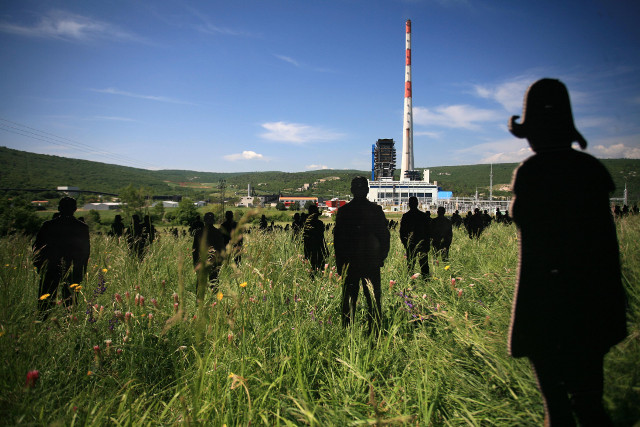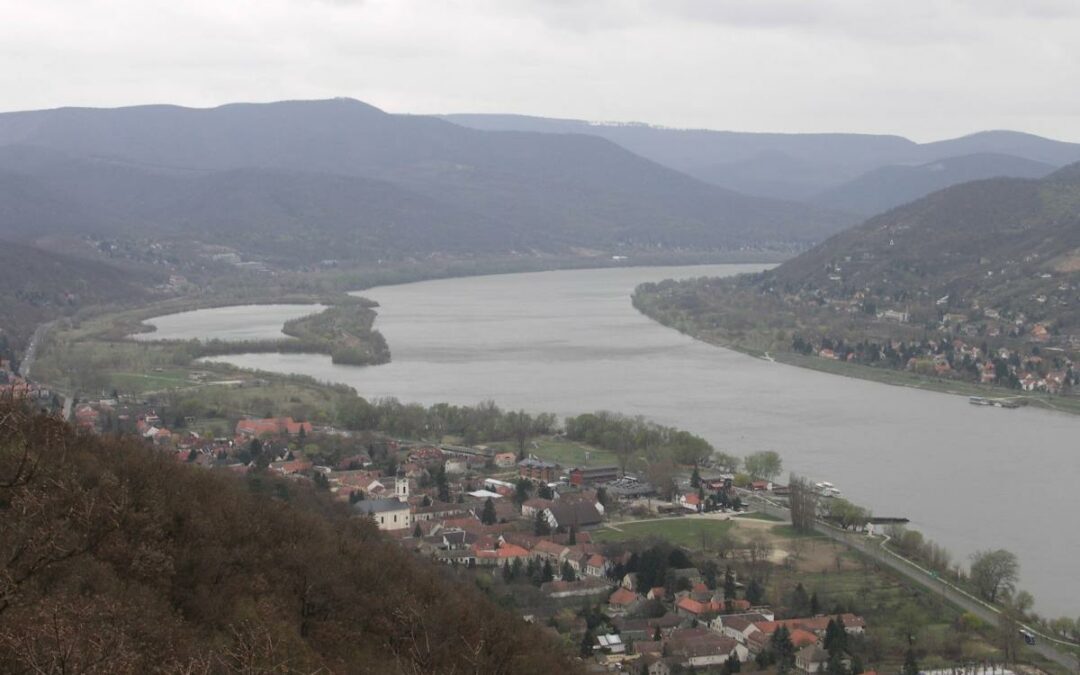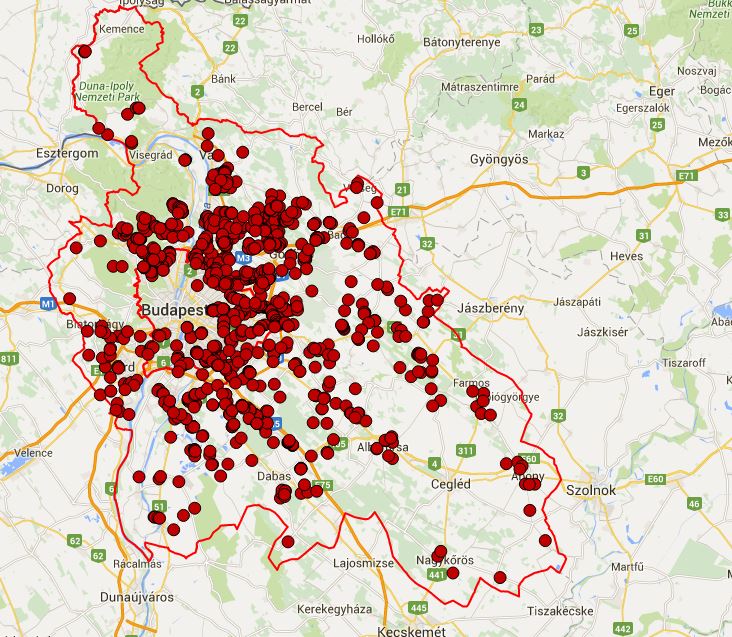Upon a contract made by the Prime Minister’s Office, EMLA prepared study on sustainability requirements to be applied in the management and implementation of the EU Operational Programs in Hungary.


Upon a contract made by the Prime Minister’s Office, EMLA prepared study on sustainability requirements to be applied in the management and implementation of the EU Operational Programs in Hungary.

EMLA coordinated the preparation of a study on access to environmental justice in the South East European region, with the leadership of REC, upon a commission by the UNECE Aarhus Convention Secretariat.

Upon the request of Zelena Akcija, a Croatian NGO, EMLA gave legal advice on how illegal state aid rules of the EU can be used in a campaign against the construction of a coal fired power plant Plomin C.

Upon the commission of the Danube Region Strategy Agency of Hungary EMLA prepared a comparative study on national regulations along the River Danube on watershed protection and local sewage treatment.

Upon a mandate from the European Commission EMLA coordinated the dialogue and cooperation of Hungarian agencies and institutions dealing with climate adaptation in addition to organizing a closing conference in the project.

Upon the request of a Brussels-based think tank, Client Earth, EMLA researched and analyzed the political and legal environment of local community energy projects, as well as made findings and recommendations together with Friends of the Earth Hungary.

Developing and operating an environmental monitoring system and portal in Central Hungary for uncovering illegal waste deposits.